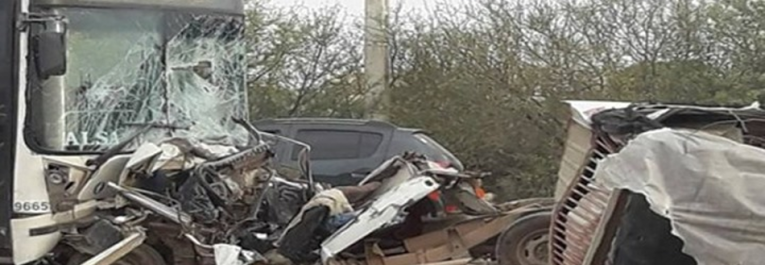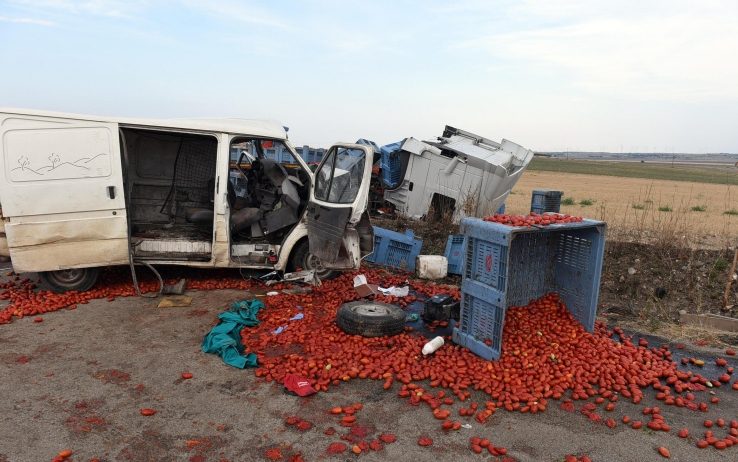
Reading my regular reports on Italian tomato plantations, a colleague who attended a seminar on migration & agriculture in Agadir recently (pdf here) alerted me to an accident involving several ‘moukef‘, or informal workers, in Morocco. The accident caused the death of 14 women and 30 serious injuries in the plain of Kenitra, in the north of the country, which is famous for its strawberry production.
The ‘moukef‘ involves a form of informal employment for thousands of – predominantly female – workers who find temporary jobs in agriculture: not just in Kenitra but also the hothouses of Morocco’s Chtouka Aït Baha province. The province is covered with hundreds of burning plastic tunnels, where a modern form of slavery unfolds at the service of the country’s increasingly booming industrial export agriculture.
The ritual of labour recruitment appears to be similar to other plantation economies in Europe and the Americas: every day a handful of women who gather on an open labour market are selected by a ‘cabrane’, an informal recruiting agent whose mission is to bring them to the agricultural estates. The journey on board of the pickup trucks is full of danger for these women, who regularly become victim of road accidents.
The accident of 3 April is not an isolated case. Numerous times both local news outlets and agricultural workers associations have denounced the conditions of these workers.
Only last Summer, a similar accident involving 4 African day workers had caused a national outcry in Italy while their van crashed into a truck close to the city of Foggia, leaving the load of tomatoes spread out on the road pavement.

